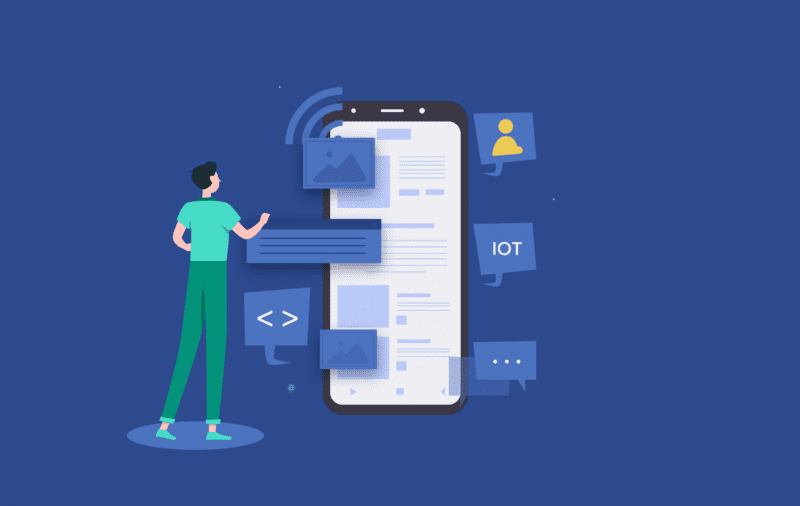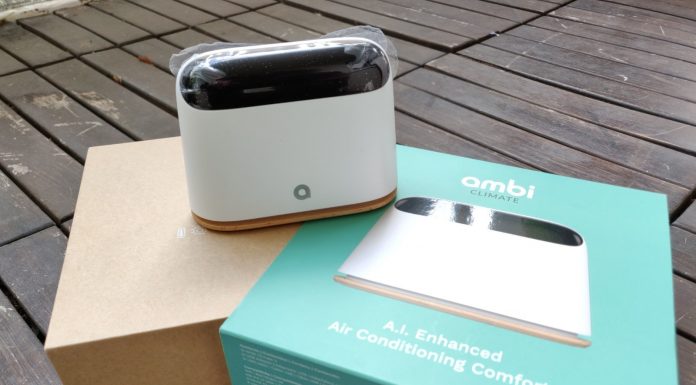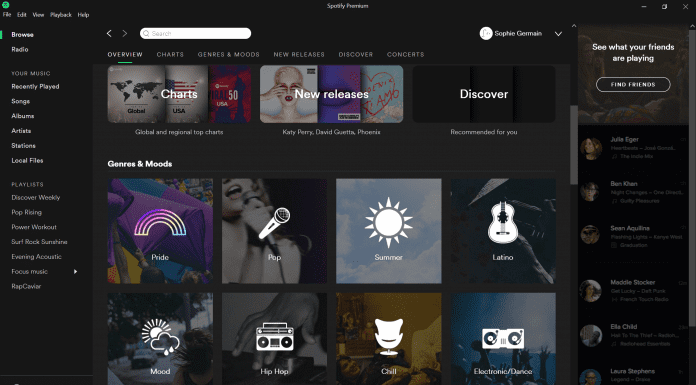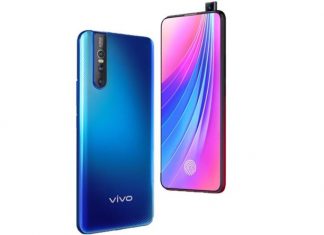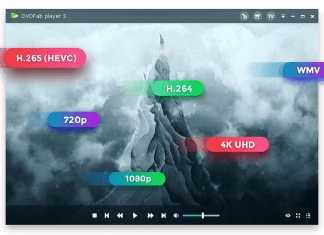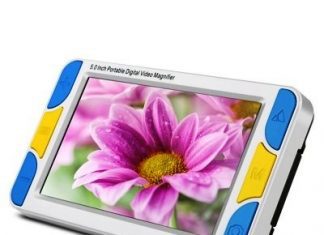Rapid development of IoT technologies over the recent ten years has brought a wide array of smart devices, apps, and cloud services to life. As the complexity of these devices grows, the need for powerful IoT platforms also grows. According to Statista, we had 620 well-known IoT platforms in 2020 and this is twice as many as in 2015. Such industry-giants as Bosch or Amazon are already using IoT-based platforms to improve the quality of their services. But how to choose the right IoT platform? What aspects should be considered to choose the right solution? In this post, we’ll look at this question in greater detail and help you tackle that challenge. We’ll review the most high-rated IoT platforms and tools. All of them have a strong value proposition and a wide array of positive testimonials from their users.
AWS IoT
Successful IoT software development greatly depends on the tools programmers use on a daily basis. AWS IoT is one of the most powerful and preferred cloud vendors for a wide array of companies. In other words, it’s the next step in a digital transformation of a company. This tool guarantees a much better performance on the AWS cloud infrastructure and also features some analytics services.
However, it takes time and effort to learn how to use this tool. But the developer of AWS IoT has a few valuable informative courses available on their website. All the users must study them first. The pricing policy usually depends on traffic, the number of connected devices, external devices, etc.
AWS IoT is mostly used in the following cases:
- For monitoring of remote operations;
- Public safety;
- Health control;
- Smart home devices;
- Traffic control.
Google Cloud IoT
This tool is probably the most dynamically growing cloud vendor that is mostly focused on cloud computing infrastructure and analytics. Overall, it’s a powerful IoT solution, developed on top of the Google Cloud Platform. It offers a plethora of tools that enable users to connect, store, and process data. Besides, it also offers a wide array of machine learning capabilities for IoT requirements. Plus, you can also use many extra modes from GCP’s ecosystem to deal with absolutely any IoT use case.
However, this tool requires strong expertise. It also lacks some customization options.
Google Cloud IoT is mostly used in the following cases:
- For real-time asset tracking;
- For logistics management;
- For predictive maintenance.
Kaa IoT Platform
This solution is the best tool in terms of speed and usability. It has a broad selection of IoT options and IoT analytics tools. Plus, it doesn’t require module integrations to address an ordinary IoT use case, such as asset tracking or sensor monitoring.
The greatest benefit of this tool is that it doesn’t require a too complicated setup. Besides, the ultimate cost of this tool depends on the number of connected devices. Nevertheless, there’s a free trial version that allows users to test its functionality and use up to 5 devices. If your IoT use case doesn’t require detailed domain expertise, Kaa is a superb solution for you.
It can be used in healthcare, logistics, smart retail, or the automotive industry.
Microsoft Azure IoT
The manufacturer promises that this tool has absolutely everything to help you achieve your IoT goals. However, it requires expertise to set it for your needs. In other words, it would be better to hire a professional who knows how to use Microsoft Azure IoT inside out. Not everyone understands how to configure this tool for your company’s needs. In general, Microsoft Azure IoT can be used for building software products for healthcare, retail, process manufacturing, manufacturing, and logistics industries.
All these platforms have similar functionality and sometimes, it is really hard to define which one suits the needs of your project. Remember that a lot depends on the requirements of your project, budget and the size of your dev team. Besides, you should also bear in mind that powerful solutions from expensive, premium vendors usually cost a lot. Sometimes, it is really hard to maintain them. However, they have more capabilities and more comprehensive ecosystems.
Overall, if you made up your mind to build an IoT app for your project, you should entrust this task to experts in this niche. In other words, you need to hire a professional outsourcing company with many years of experience in this niche!

